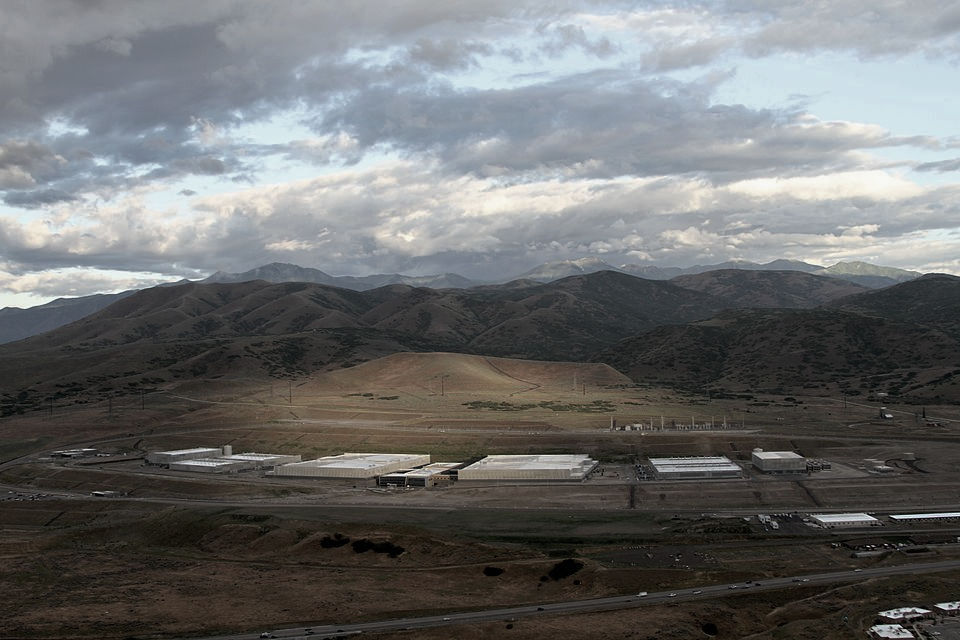Little sympathy for landlords
- Tascott

- Mar 30, 2020
- 2 min read
A growing misconception being perpetuated at present is that in circumstances where tenants stop paying rent, in reliance upon no access no rent clauses (ADLS 2012 c27.5), commercial real estate landlords can claim on "loss of rents" insurance policies. This is wrong and does not reflect the situation the bulk of New Zealand property owners now find themselves in.

No access provisions, introduced in 2012 in response to issues of access which arose after the Christchurch earthquakes, will be found, arguably, in a large majority of leases operating today. The position is arguable as the time elapsed since 2012 puts the period beyond average lease lengths, meaning the later lease form will have been used, and the make up of the bulk of the occupier market is SME's. There are exceptions, notably those with more bespoke lease arrangements (LFR, banks, government departments etc.)
The "no access in an emergency" clause includes many scenarios, earthquake, tsunami, explosion, and the relevant one here, an epidemic. On the face of it, it appears fairly settled the current pandemic triggers this clause but it's what happens next that is far from settled. There are questions for example of what full access means as some businesses continue to trade remotely using infrastructure within the premises, others involve storage etc. and there is also the question, depending on the no access period, of termination of the lease by either party.
One certainty is that property owners do not typically have recourse to insurance, or other claims for loss of rents, as infectious diseases and pandemics, along with war, acts of god etc, are not an insurable risk. It must be understood therefore that if rent is not paid it puts a property owners' business in jeopardy in exactly the same way as any tenants' business is impacted by not trading.
There is also broad inference in the market that whilst property owners might be under some strain they should be able to weather the storm, the inference being they will have other sources of capital. This is a broad assumption which illustrates a lack of understanding of how property is owned in New Zealand - and it doesn't matter if the owner is small or large as the exercise is relative. One needs only to think of the large syndicators in the market who manage billions of dollars of property funded, in part, by hundreds of retail investors, mums and dad or retirees who rely on monthly distributions for their income.
All avenues need to be explored, for example tenants might have business interruption insurance? All of these questions need to be considered and everyone needs to appreciate we are in this mess together and we will all share the burden is some way.



Comments